For many kids, navigating the school environment is a challenge. And, for kids who don’t learn the same way as their peers, the structure and expectations can be especially taxing. For these kids, many of whom are considered neurodiverse or neurodivergent, unschooling has become a popular alternative to traditional education.
Neurodiverse and neurotypical thinking and learning
Children and adults who are neurodivergent think and learn differently from the majority, or neurotypical, population. Conditions such as autism, attention-deficit/hyperactivity disorder (ADHD), dyslexia, and many other learning and behavioral disorders fall under the umbrella of neurodivergence.
For the past year, we have taken the unschooling approach with two of our kids who have significant disabilities and fit into the spectrum of neurodivergence. First, I have to put a disclaimer out there — I am not an educational expert or a special education teacher, nor do I think that unschooling is for everyone. It just happens to be an excellent fit for our family, and as usual, if I find something that works for us, I love to share it.
What unschooling is and what it isn’t
There are a lot of misconceptions about what unschooling is. The most common myth is that it’s an entirely hands-off approach where rules and routines don’t exist.
Unschooling is child-led learning, guided by the child’s interests, curiosity, motivation, and abilities. Parents are still there to guide, teach, and shape their children’s learning experience.
Unschoolers don’t typically use a specific curriculum or set program but rather learn from everyday experiences 365 days a year instead of the 180-day school year calendar. There are generally no tests or grades with unschooling, which focuses on learning and mastering a subject or concept at the child’s own pace.
Neurodiverse kids often have trouble in traditional school settings because they don’t learn the same way as other kids. They may be more sensitive to noise and sensory input and have difficulty sitting still for long periods. Unschooling can be a good fit for neurodiverse kids because it gives them the freedom to explore their interests and learn in the style that best suits them.
Unschooling lets parents meet their kids where they are. My daughter loves workbooks, and printed activity pages, so the bulk of her learning this year has been in workbooks that I’ve purchased through Amazon, educational websites, and even the dollar store.
On the other hand, our son gets frustrated with workbooks and prefers hands-on manipulatives and activities that involve his specific interests.
Both kids are at varying levels of competency in subjects like reading and math, and not having a set curriculum allows us to meet them where they are.
We also focus on life skills according to their abilities; money, hygiene, community outings, cooking, and safety awareness.
Unschooling can bring dramatic positive changes
Since we’ve begun unschooling, I’ve seen dramatic changes in both of my kids. Their school experience wasn’t horrible, but they both have anxiety, which presented itself in many ways at school. Their anxiety-related behaviors have decreased significantly, and as a result, we as parents have been much less on edge.
Since unschooling allows my kids to follow their interests and passions and to learn naturally and organically, they both enjoy learning more now that their learning is interest-based. They are so much more motivated to challenge themselves, and a lot of the frustration and fights over doing work are a thing of the past- most of the time.
Learning takes place both inside and outside the home. This type of education is often seen as more relaxed than traditional schooling, but it can also be more structured and rigorous if that is what works best for the child. The critical difference is that unschooling puts the child in charge of their own learning, with their parents’ or caregivers’ support.
Supporting your kids in unschooling
Some ways that parents can support their kids when unschooling include:
- Helping them find resources and materials that interest them
- Encouraging them and praising their efforts
- Providing a variety of learning opportunities both inside and outside the home
- Allowing them to follow their passions and interests
- Being patient, flexible, and open-minded
How to get started on your unschooling journey
If you’re considering unschooling your neurodiverse child, there are a few things to keep in mind. First, finding a supportive community of other unschoolers or homeschoolers is essential. This can provide your child with social and emotional support and help you connect with resources and information.
Second, be prepared to be flexible and patient. Unschooling can be a big adjustment for both kids and parents, and finding a rhythm that works for your family may take some time. Lastly, trust your child. They know themselves best and will be the best guide on their learning journey.
If you wish to take an unschooling approach in California, you’ll need to follow the same steps for homeschooling to satisfy requirements from the state. You must file a Private School Affidavit (PSA) and keep the required documentation, such as attendance logs.
Aside from the required paperwork, it’s up to you what records to keep. This past year I kept a bullet journal log of what the kids have done and how it applies to learning. You can also take pictures, keep a journal, or keep any samples of work that they do to measure progress.
Unschooling resources for families
There are many resources available, both secular and faith-based, that provide information and support for families interested in unschooling. Online groups, forums, books, podcasts, YouTube videos, and websites are readily available; most are free. These are a few resources that have helped and encouraged us over the past year:
- How to Get Your Child Off the Refrigerator and On to Learning by Carol Barnier
- Project-Based Homeschooling by Lori McWilliam Pickert
- Unschooling Mom2Mom – Website and podcast
- Happiness is Here– Blog
- Living Joyfully: Exploring Unschooling– Podcast
Every child is different and will learn in different ways, so there’s no one-size-fits-all approach to unschooling. But if you’re looking for an alternative to traditional education for your neurodiverse child, unschooling may be an option worth looking into.
Posted in: Uniquely Us
Comment Policy: All viewpoints are welcome, but comments should remain relevant. Personal attacks, profanity, and aggressive behavior are not allowed. No spam, advertising, or promoting of products/services. Please, only use your real name and limit the amount of links submitted in your comment.
Trackbacks
Leave a Reply
You Might Also Like...
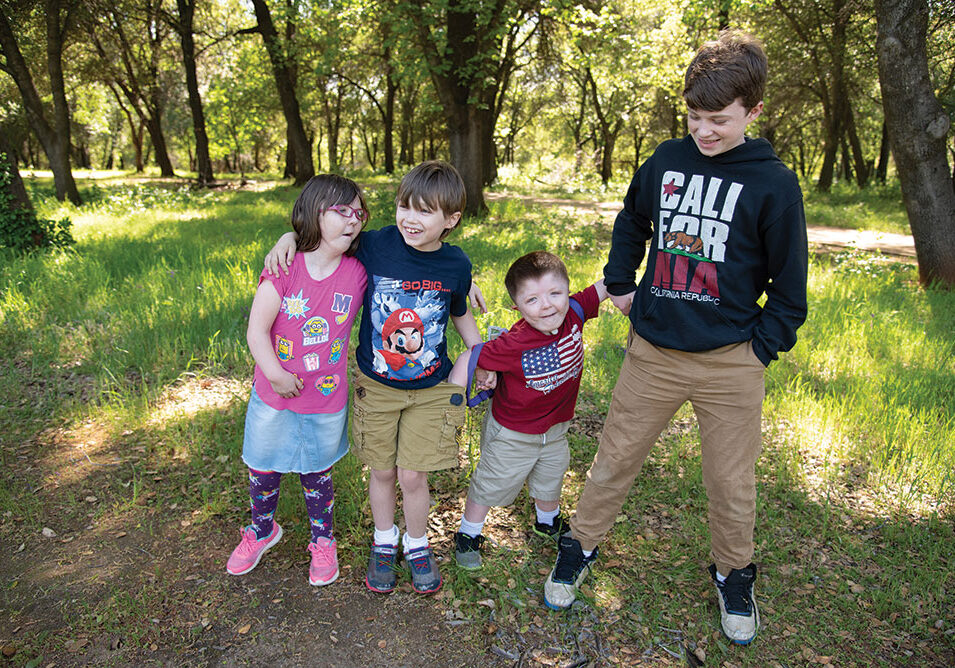
Eloping and Autism – Uniquely Us
The Other Eloping … There is a term that many parents of special needs children are familiar with. It means to wander off, bolt, escape, or run away. This behavior […]
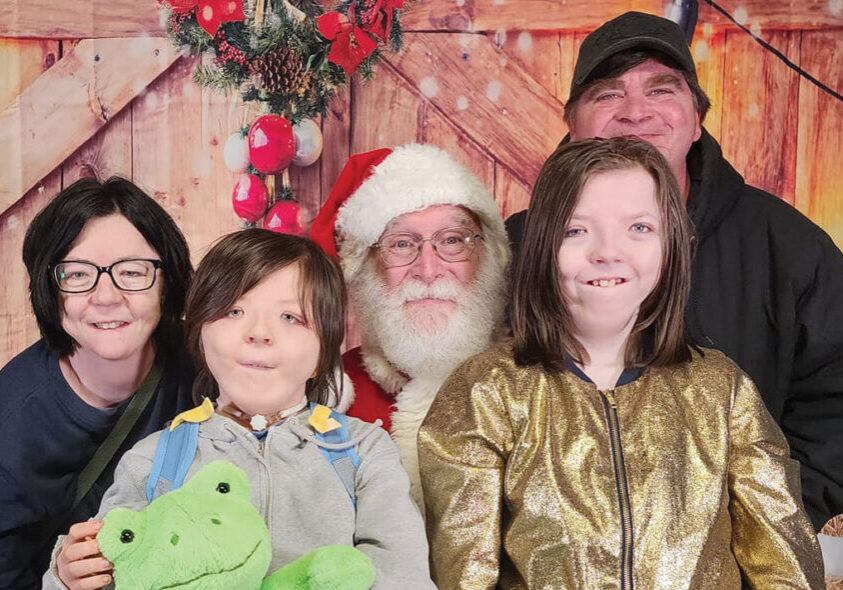
Navigating New Holiday Experiences with Neurodivergent Children
Holidays, with their infectious cheer and warmth, have a unique way of bringing families together. However, for families with neurodivergent children, these joyful times can also present unique challenges. Unfamiliar […]

Cooking — A Functional Life Skill That Fosters Independence
Functional skills are the abilities that enable a person to be independent. One of the most important goals of any parent or caregiver of a child with special needs is […]
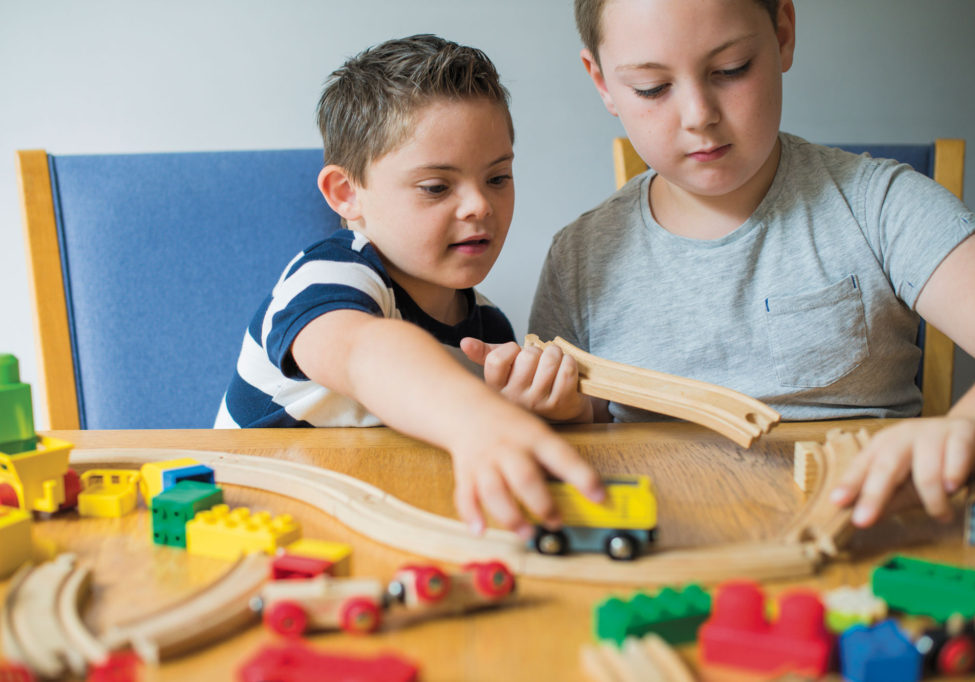
Supporting the Siblings of Children with Special Needs
What it’s like to grow up with a sibling with special needs In families of children with special needs, we hear a lot about the importance of providing support for […]



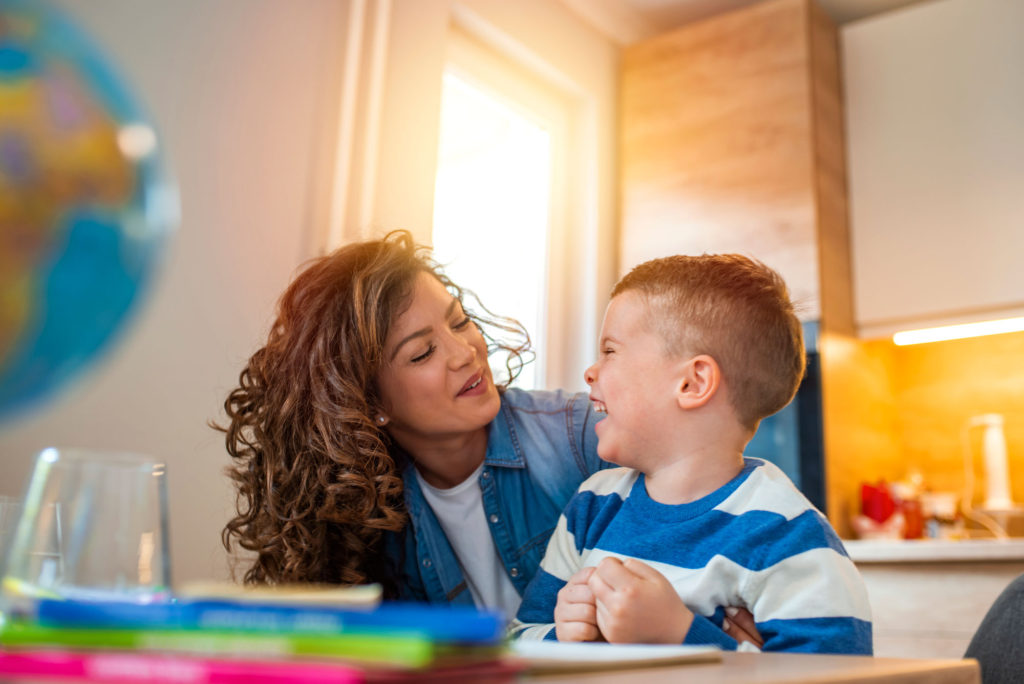
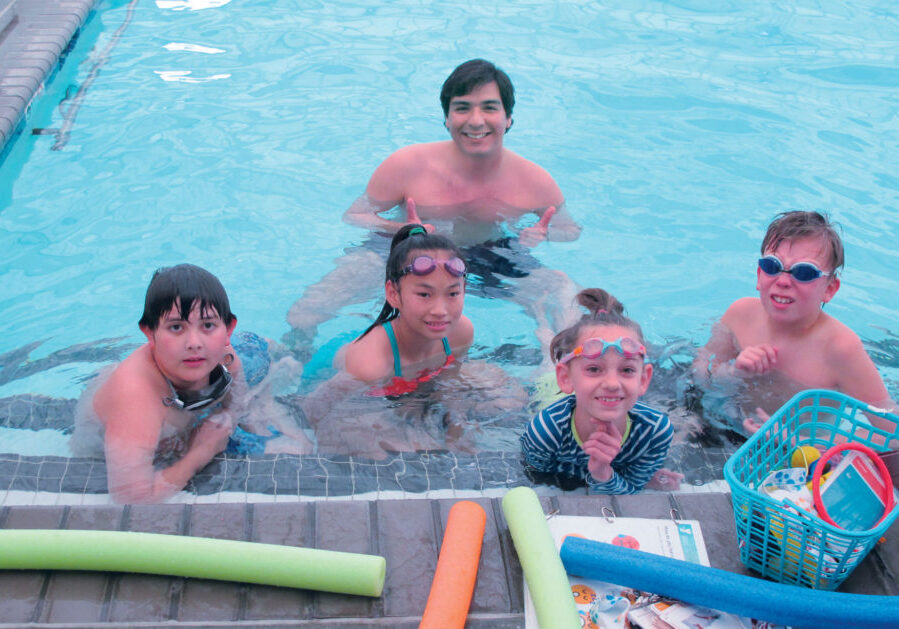

[…] You can also read why unschooling can be a good fit for neurodiverse kids here. […]